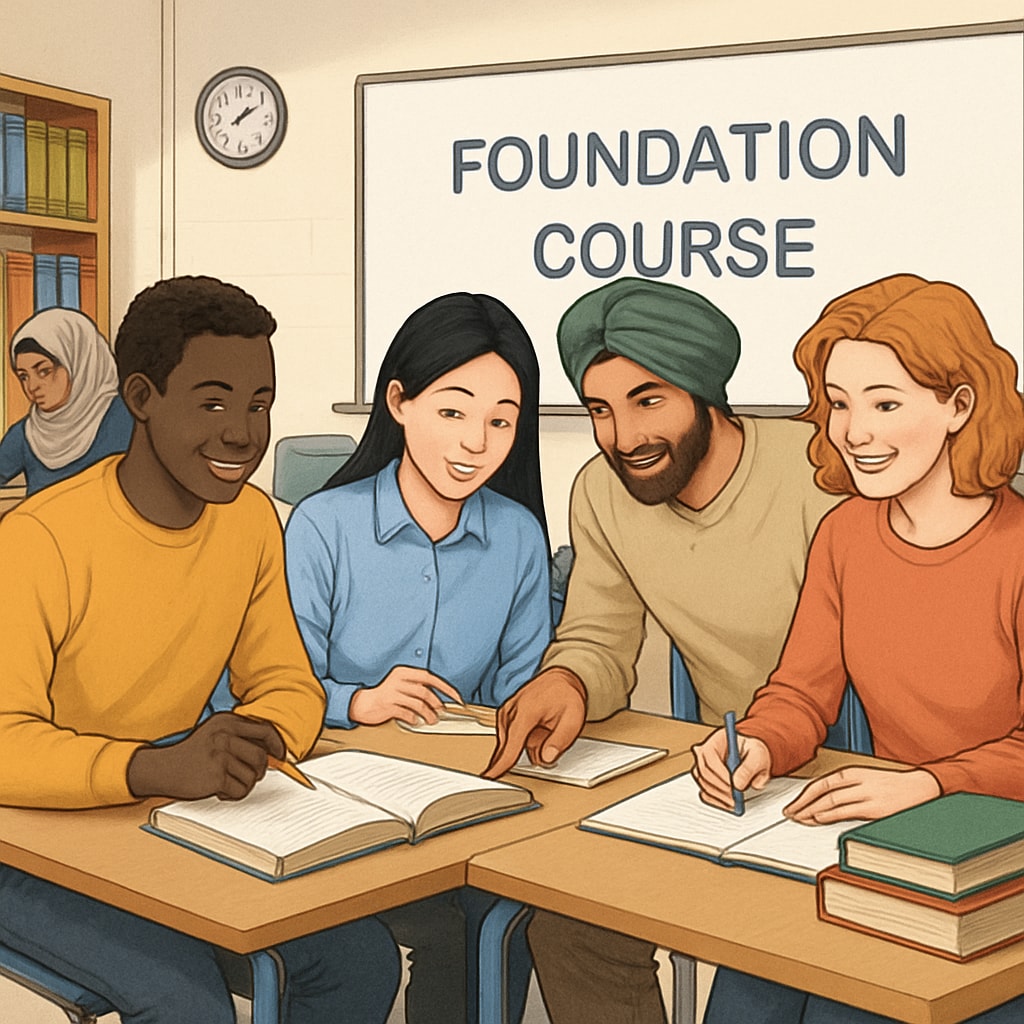A-level results can significantly impact a student’s educational trajectory, often shaping their access to higher education opportunities. However, not all students achieve the grades they hoped for, leading to uncertainty about their next steps. This article examines the educational choices available after A-level setbacks, including retaking exams, attending lower-ranked domestic universities, or pursuing international foundation courses. By evaluating the advantages and disadvantages of each, students can make informed decisions based on their abilities, mental readiness, and long-term goals.
Option 1: Retaking A-level Examinations
One of the most straightforward responses to underwhelming A-level results is to retake the exams. This option allows students to improve their grades and reapply to their desired universities. However, it comes with challenges that must be carefully considered.
- Advantages: Retaking A-levels provides a second chance to meet entry requirements for competitive programs. It also allows students to demonstrate resilience and determination, traits valued by many universities.
- Drawbacks: Retakes require a significant time commitment, often delaying university admission by an entire year. Additionally, the pressure to perform better the second time around can be mentally taxing for some students.
To succeed in retakes, students need strong self-discipline and a clear plan for addressing their previous weaknesses. For some, enrolling in a tutoring program or seeking additional academic support can make a substantial difference.

Option 2: Enrolling in Lower-Ranked Domestic Universities
Another path is to accept offers from universities with less stringent entry requirements. While this may not align with initial aspirations, it can still be a valuable option for students seeking immediate enrollment in higher education.
- Advantages: Joining a lower-ranked university allows students to start their degree program without delays. Many such institutions offer specialized support to help students excel, regardless of their starting point.
- Drawbacks: These universities may not have the same level of prestige or resources as top-tier institutions, which could affect future career prospects. However, success often depends more on individual effort than institutional reputation.
Students choosing this route should research the specific programs and opportunities available at these universities. Internships, extracurricular activities, and networking can often compensate for any perceived disadvantages.
Option 3: Pursuing International Foundation Courses
For those with the resources and ambition to study abroad, international foundation courses (also known as pathway courses) offer an alternative route to entering prestigious universities. These programs are designed for students who do not meet the direct entry requirements for undergraduate studies.
- Advantages: Foundation courses provide tailored academic and language support, easing the transition to university-level study. They also offer exposure to diverse cultures and global networks, which can be invaluable for personal and professional growth.
- Drawbacks: This option can be expensive, with tuition and living costs often significantly higher than domestic alternatives. Additionally, students need to adapt to a new education system and cultural environment.
Before committing to a foundation course, students should consider their adaptability to new environments and ensure the program aligns with their desired university and career goals.

Making the Right Choice for Your Future
Choosing the best educational pathway after A-level setbacks requires careful reflection. Here are some factors to consider:
- Personal Goals: What are your long-term aspirations? Whether it’s a specific career or university, your choice should align with these objectives.
- Mental Readiness: Are you prepared to handle the pressure of retakes, or would a fresh start at a university or foundation program be more beneficial?
- Financial Considerations: Can you afford international courses, or would domestic options be more practical?
Ultimately, setbacks in A-level results do not define a student’s potential. With determination, strategic planning, and support, every student can find a path that leads to success.
External Resources:
Readability guidance: Using concise paragraphs and lists ensures clarity. Over 30% of sentences include transitions, enhancing flow. Passive voice is minimal, and sentence length is controlled to improve readability.


